
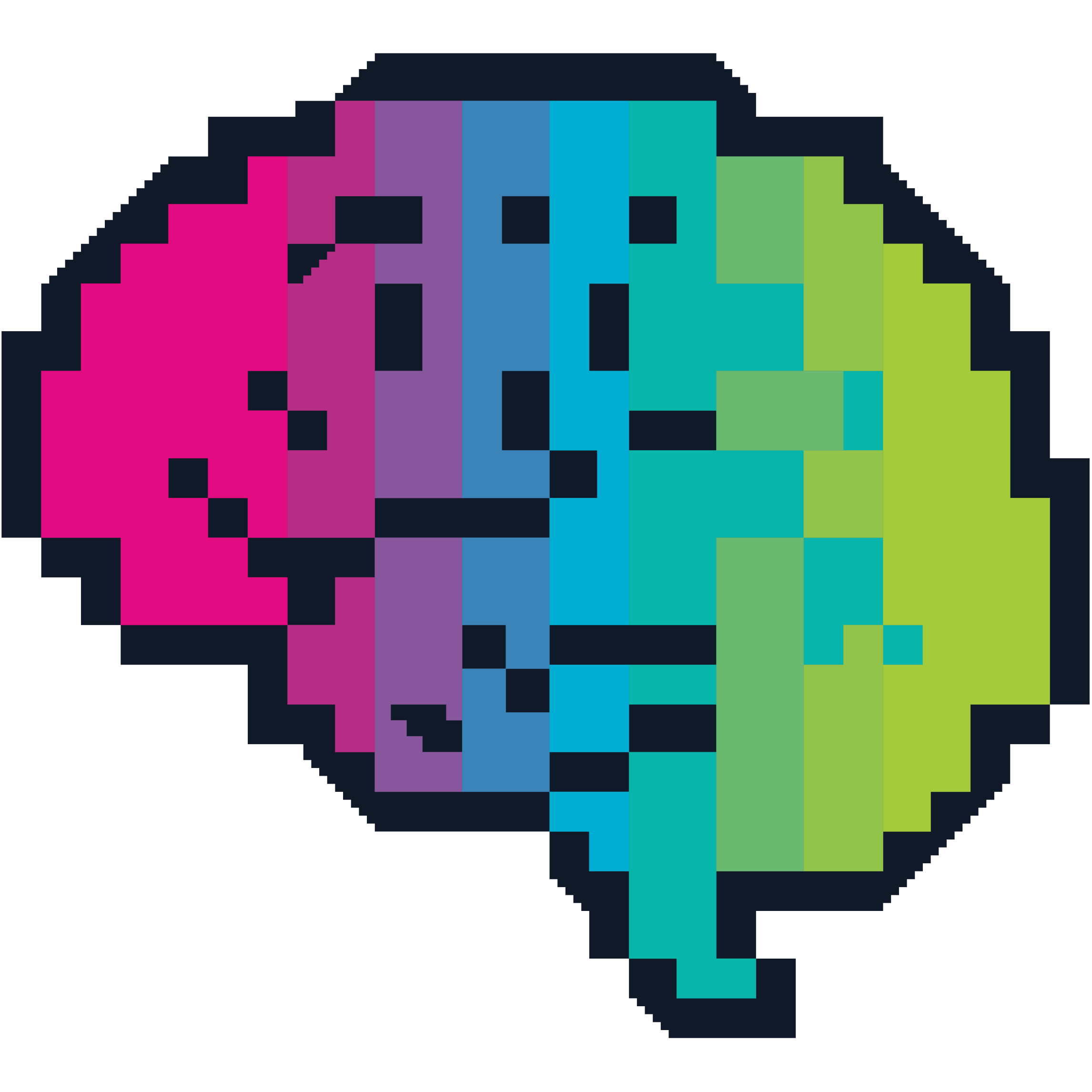
# Coming soon
Mar 27 - Mar 29
Mar 27 - Mar 29

Mar 27 - Mar 29
Western Brainhack brings together researchers and trainees of all backgrounds to collaborate on open science projects in neuroimaging and neuroscience.
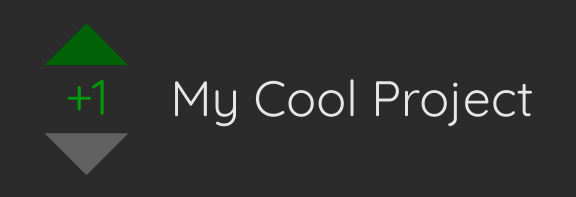
Pitch your project
Submit your project ideas online, then pitch them to your fellow attendees to recruit others to your team.
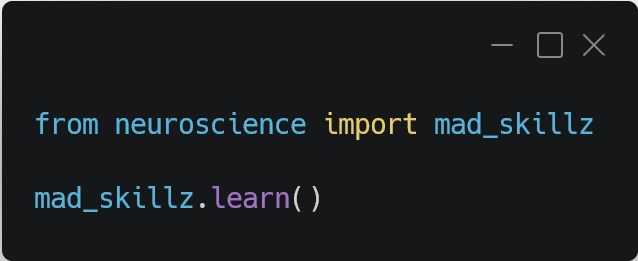
Learn new skills
Attend tutorials to learn new neuroscience tools and techniques from the experts.
Check back soon to see what tutorials will be offered!
Check back soon to see what tutorials will be offered!
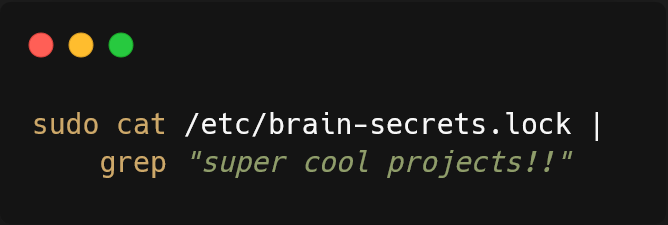
Hack!!
Solve real-world problems while sharpening your skills!
Brainhack Western 2026 is an official satellite event of Brainhack Global
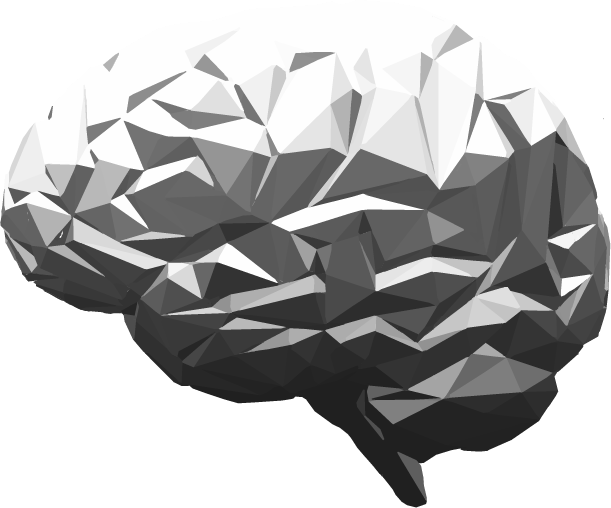
Cost: $5
Includes on-site meals, snacks, and coffee!
# Coming soon
Mar 27 - Mar 29
Mar 27 - Mar 29

